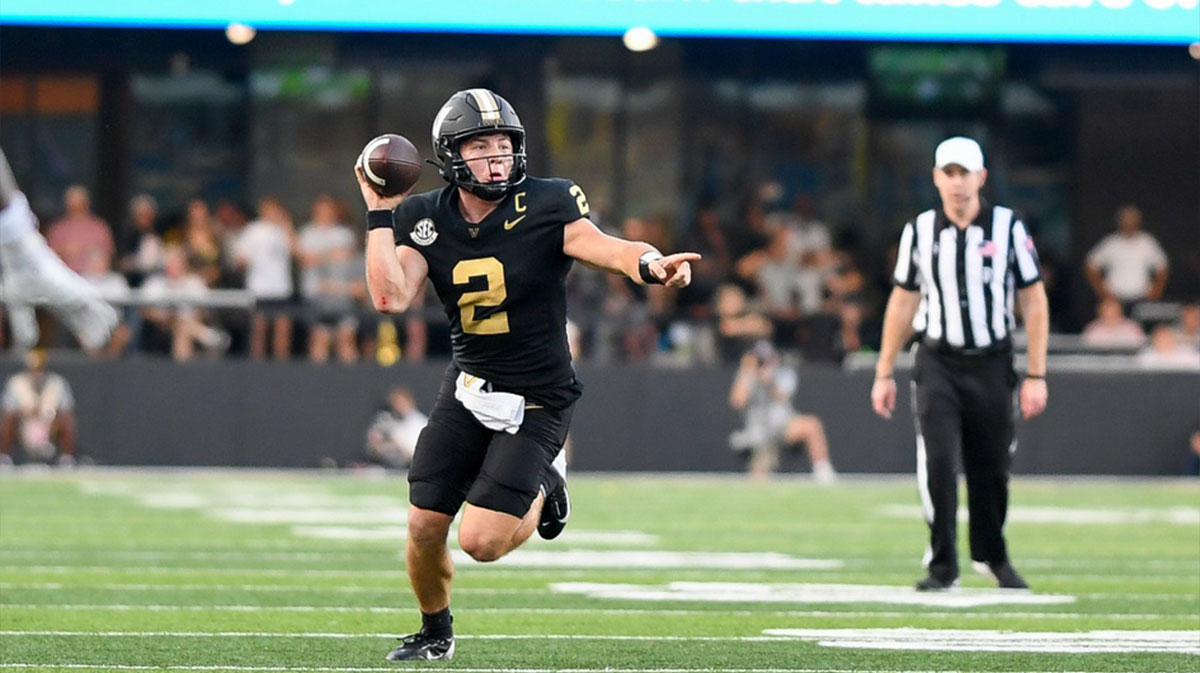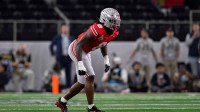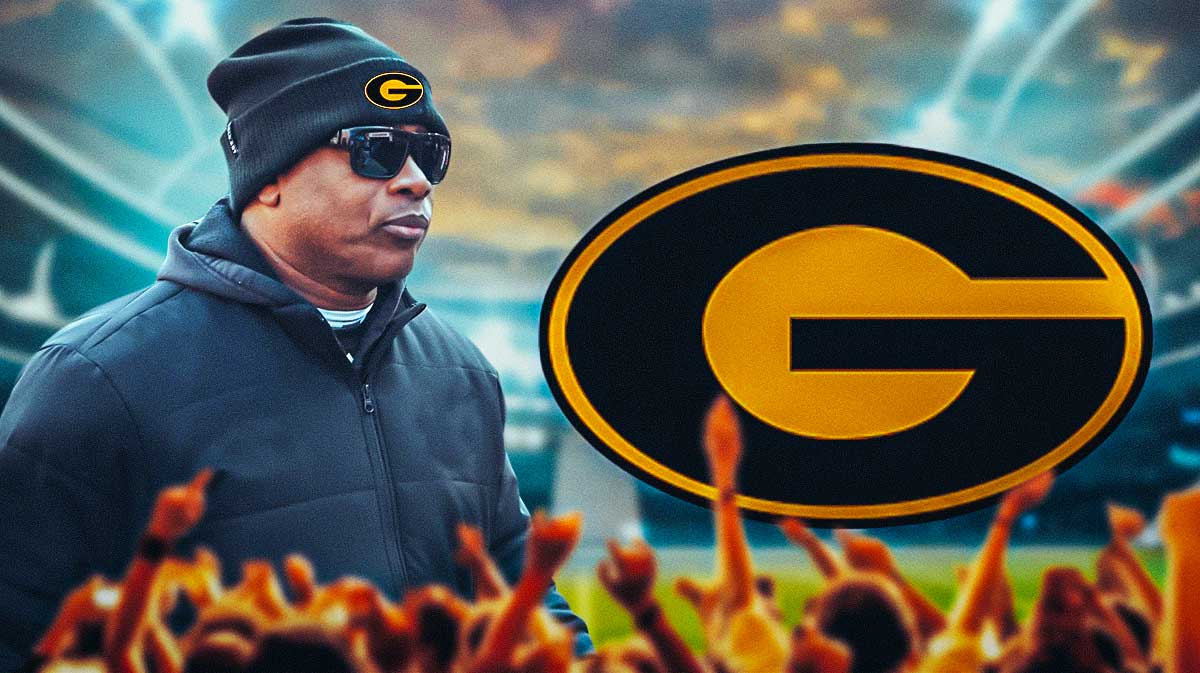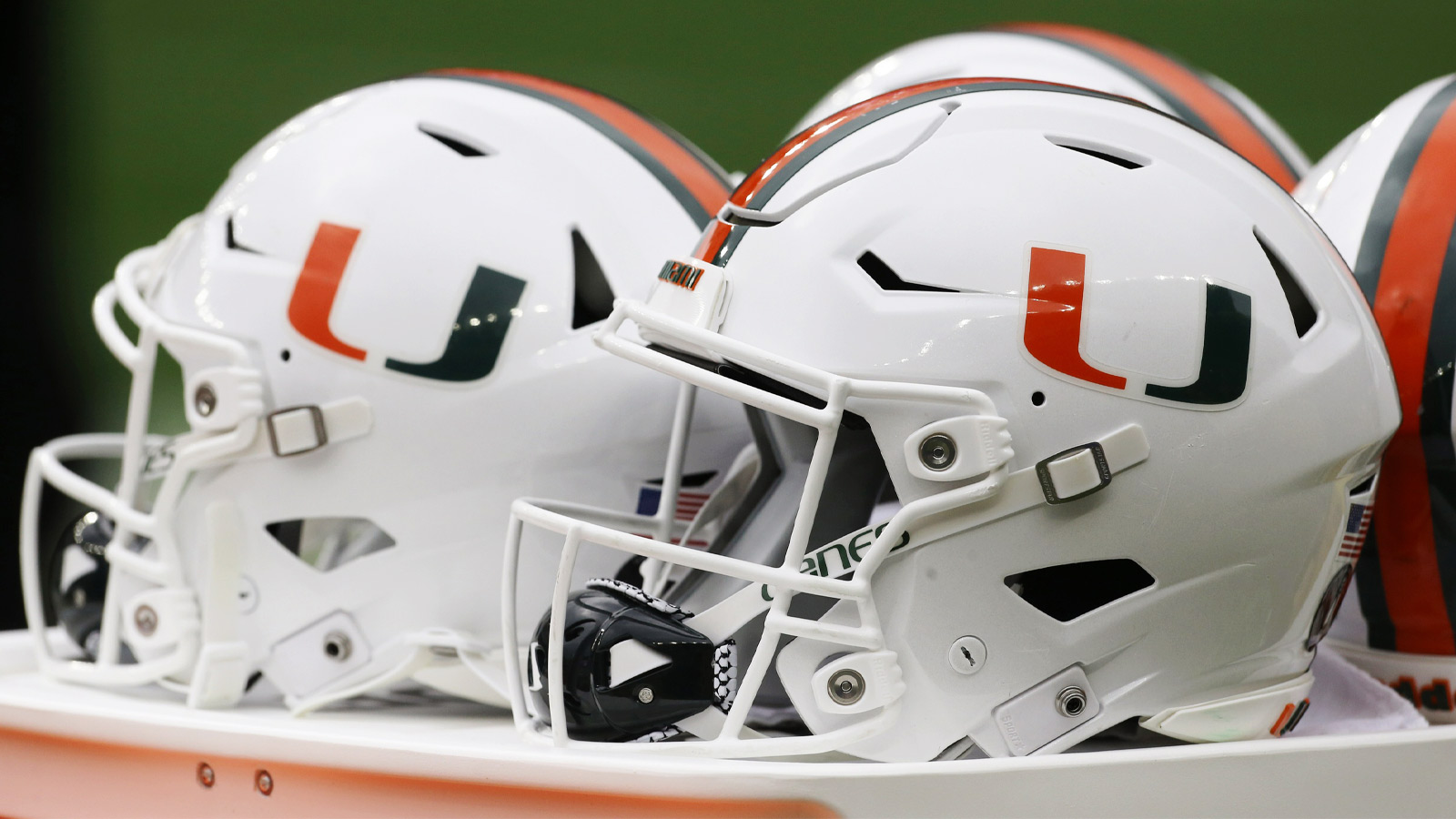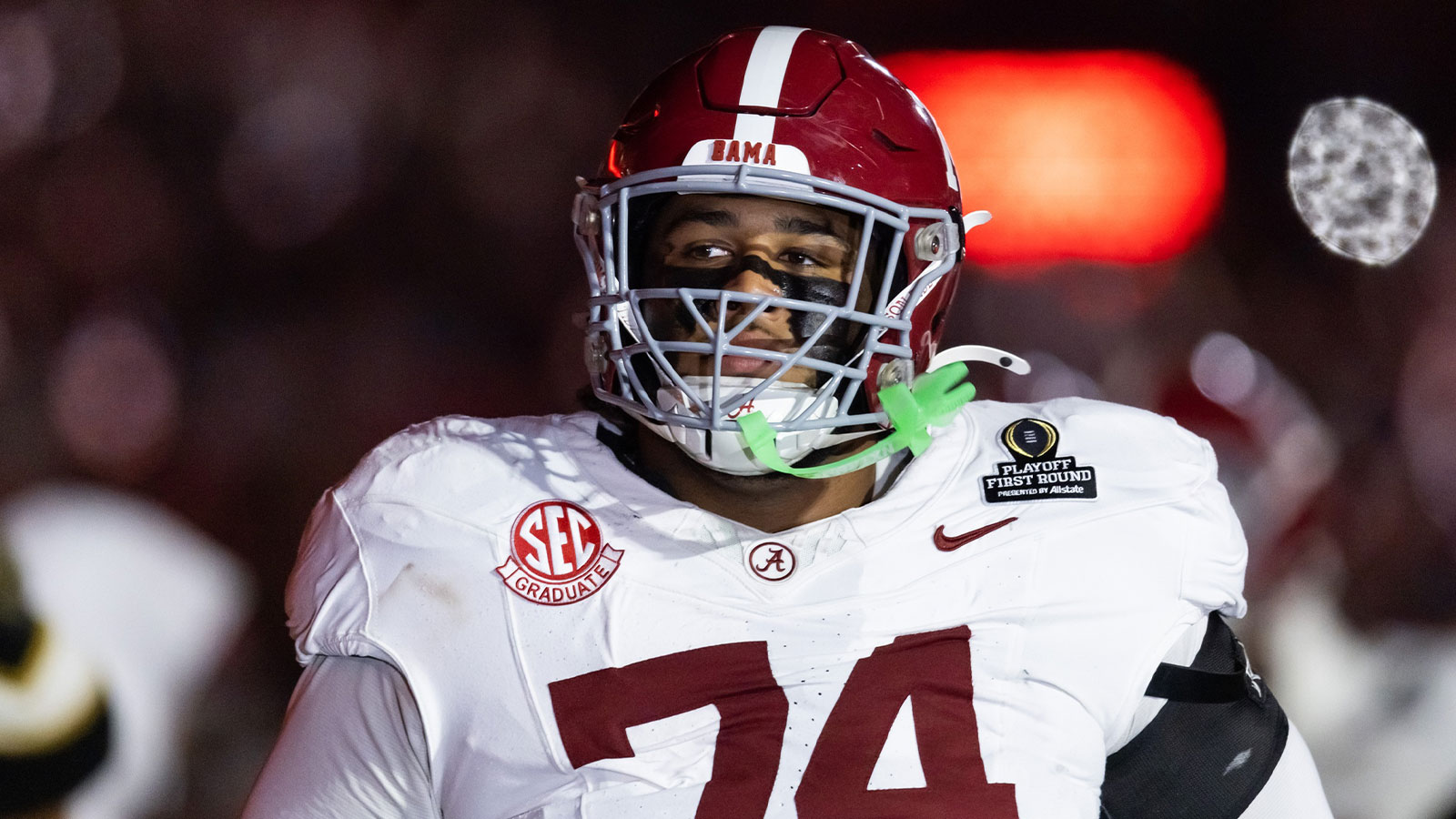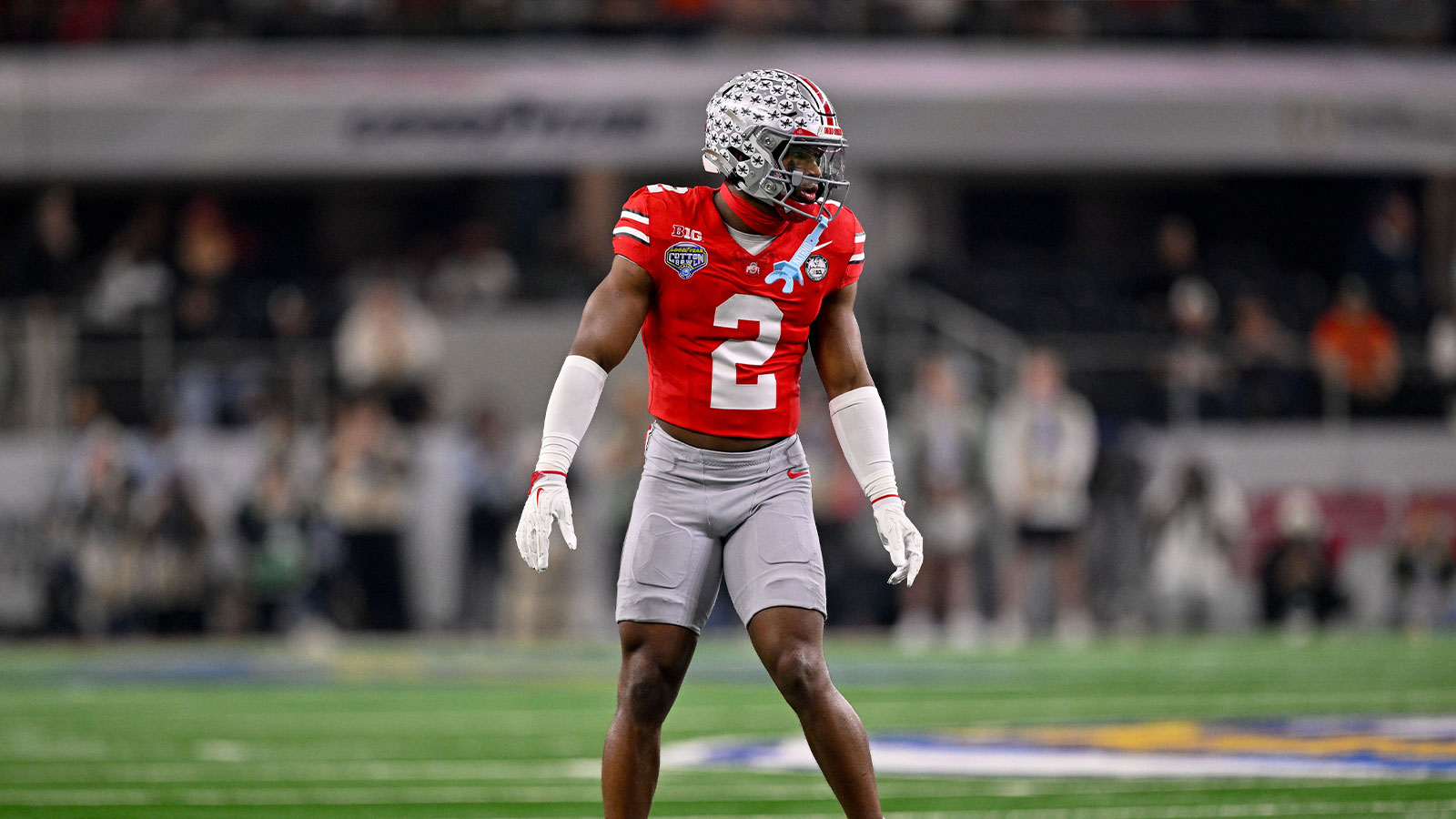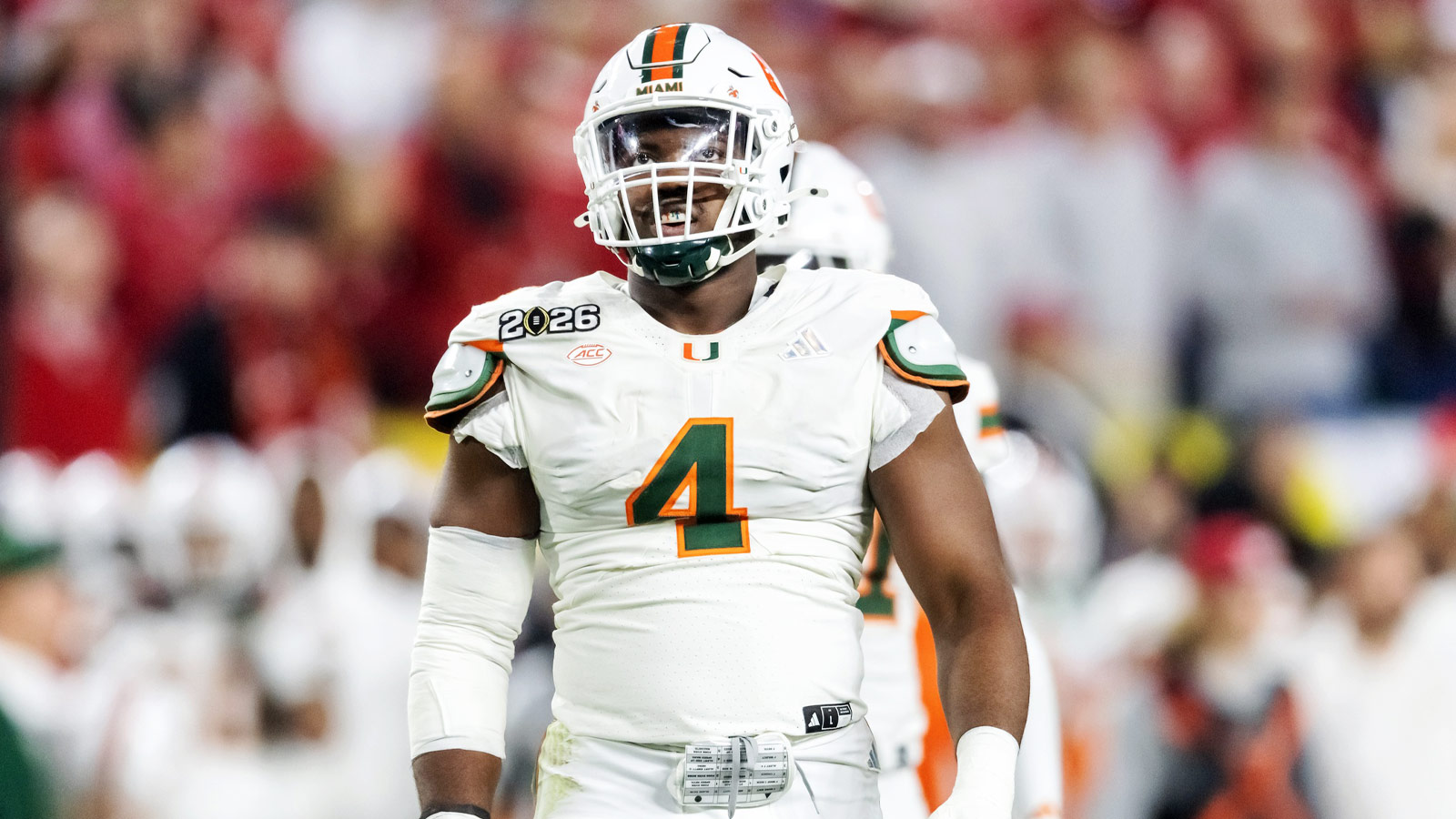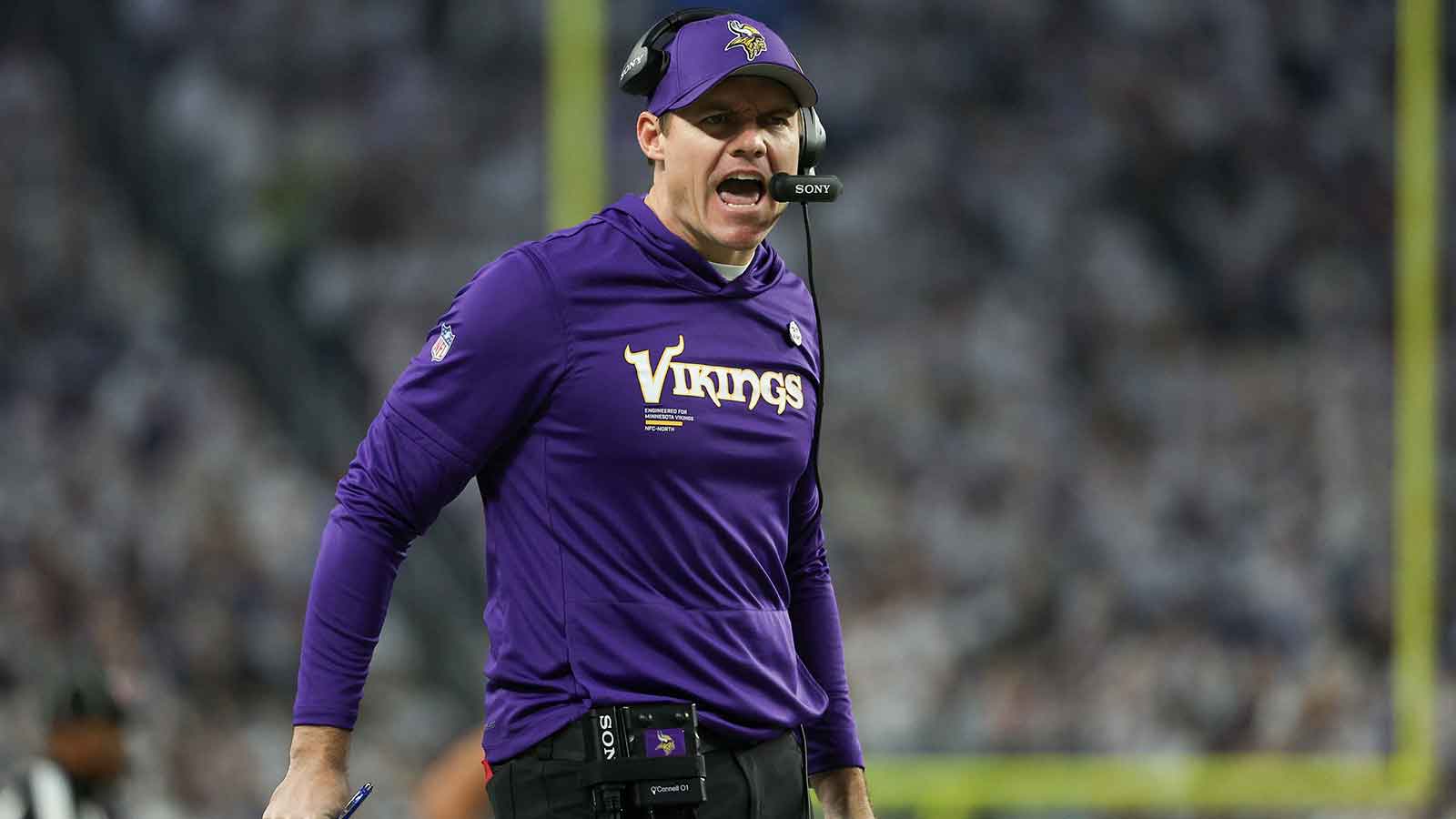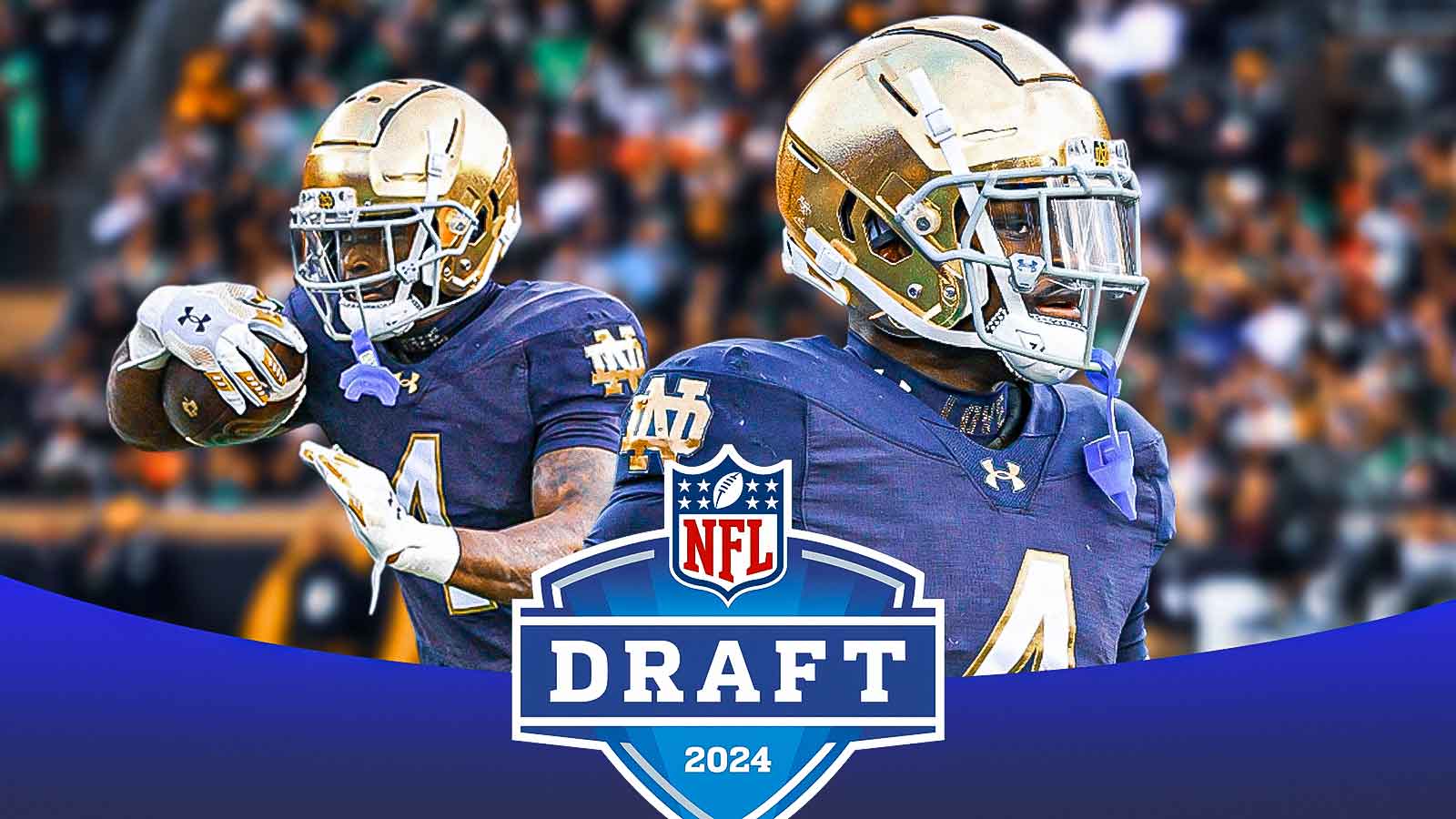The NCAA’s decision to grant Vanderbilt quarterback Diego Pavia an additional year of eligibility has sparked intense debate, with Texas Longhorns head coach Steve Sarkisian among its most vocal critics. The ruling, which stems from a federal judge’s injunction against an NCAA bylaw counting junior college (JUCO) years toward eligibility, has set a precedent that could reshape college football eligibility rules moving forward.
Sarkisian didn’t hold back when addressing the situation during a press conference, expressing strong opposition to the decision.
“I totally disagree with the… determination on this,” Sarkisian said. “We chose to go to Junior College football. That’s where we wanted to start and play our careers. So, I don’t understand it at all. We’re going to have guys 28-29 years old playing college football. What’s the point? I don’t get it. I don’t understand it. I totally disagree with it.”
Pavia’s case has raised questions about how eligibility rules should account for JUCO athletes. The Vanderbilt quarterback began his college career at New Mexico Military Institute before transferring to New Mexico State and then Vanderbilt. Under normal NCAA rules, Pavia would have exhausted his eligibility, but his lawsuit argued that JUCO seasons unfairly counted against his total, limiting his ability to capitalize on name, image, and likeness (NIL) opportunities.
Texas' Steve Sarkisian is furious with the courts ruling
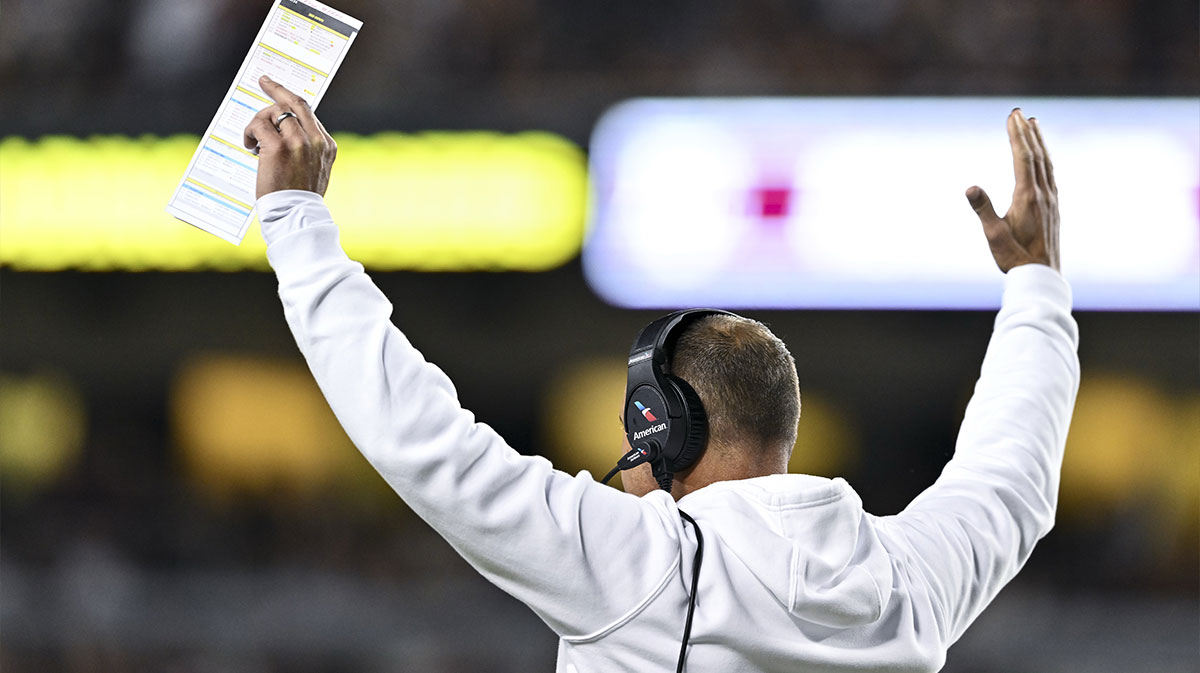
Federal Judge William Campbell sided with Pavia, issuing an injunction to allow him to play in 2025. The NCAA, however, strongly opposed the ruling, citing potential disruptions to the sport.
“The NCAA is disappointed in today’s ruling and wants all student-athletes to maximize their name, image and likeness potential without depriving future student-athletes of opportunities,” the organization said in a statement. “Altering the enforcement of rules overwhelmingly supported by NCAA member schools makes a shifting environment even more unsettled.”
For Sarkisian, the broader implications of the ruling are concerning. He highlighted the potential for older players to dominate the game and how this could impact opportunities for younger athletes.
The NCAA’s decision to appeal the ruling could result in prolonged legal battles, but the precedent set by this case is already causing ripples throughout college sports. If upheld, the ruling could open the door for more JUCO players to challenge eligibility restrictions, potentially changing the recruiting landscape.
The debate underscores the broader issue of balancing fairness and opportunity in a rapidly evolving college sports environment. As the NCAA grapples with the complexities of NIL deals and player rights, rulings like Pavia’s could further complicate an already tumultuous era for collegiate athletics.

